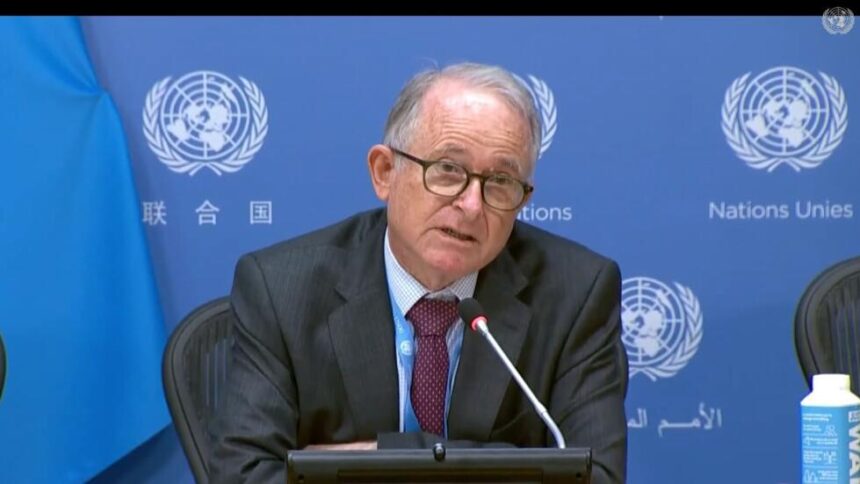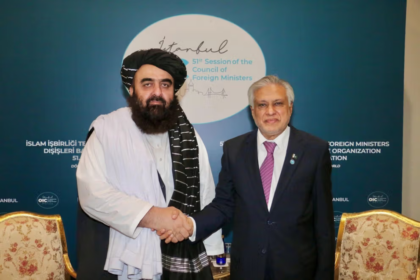RASC News Agency: Richard Bennett, the United Nations Special Rapporteur on Human Rights, underscored that amid global crises, the persistent collapse of human rights in Afghanistan must not be ignored. In an interview with UN News, Bennett stressed that the international community, which pledged its support to Afghanistan, must honor its commitments, as nowhere else in the world are women subjected to such pervasive abuse and mistreatment.
Bennett explained that Afghanistan has faced a severe human rights and humanitarian crisis for years. However, the Taliban’s return to power has sharply worsened conditions, particularly for women and girls, as well as for other groups, including ethnic and religious minorities, the media, and civil society. He highlighted that these constraints are narrowing freedoms nationwide, with dire economic consequences. The Special Rapporteur noted the profound insecurity faced by those who worked with the former government, including military personnel, civil servants, journalists, human rights defenders, and other civil society members especially those who publicly challenged the Taliban’s ideology.
Bennett pointed to the education of Afghanistani children as one of the most pressing concerns. Girls, and now even boys, are frequently barred from schooling beyond grade six or are only permitted a severely restricted curriculum, depriving them of the modern education needed to secure a future. He stressed that many who are leaving Afghanistan do so out of desperation, not desire. “Afghanistani citizens hold a deep connection to their homeland,” Bennett stated. “Many have shared with us their wish not to undertake this difficult journey, which exacts a profound financial, emotional, and physical toll. But they feel they have no choice due to the harrowing conditions especially professionals like judges, lawyers, journalists, civil servants, and engineers.”
He further explained that these individuals are often highly educated and bring invaluable expertise, making their departure a considerable loss to Afghanistan. Most leave not out of personal ambition but to secure educational opportunities for their children, sacrificing their lives and careers to ensure a brighter future for the next generation.






